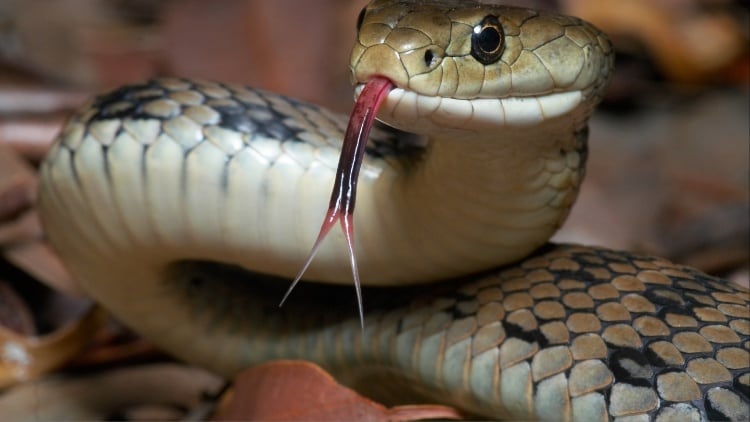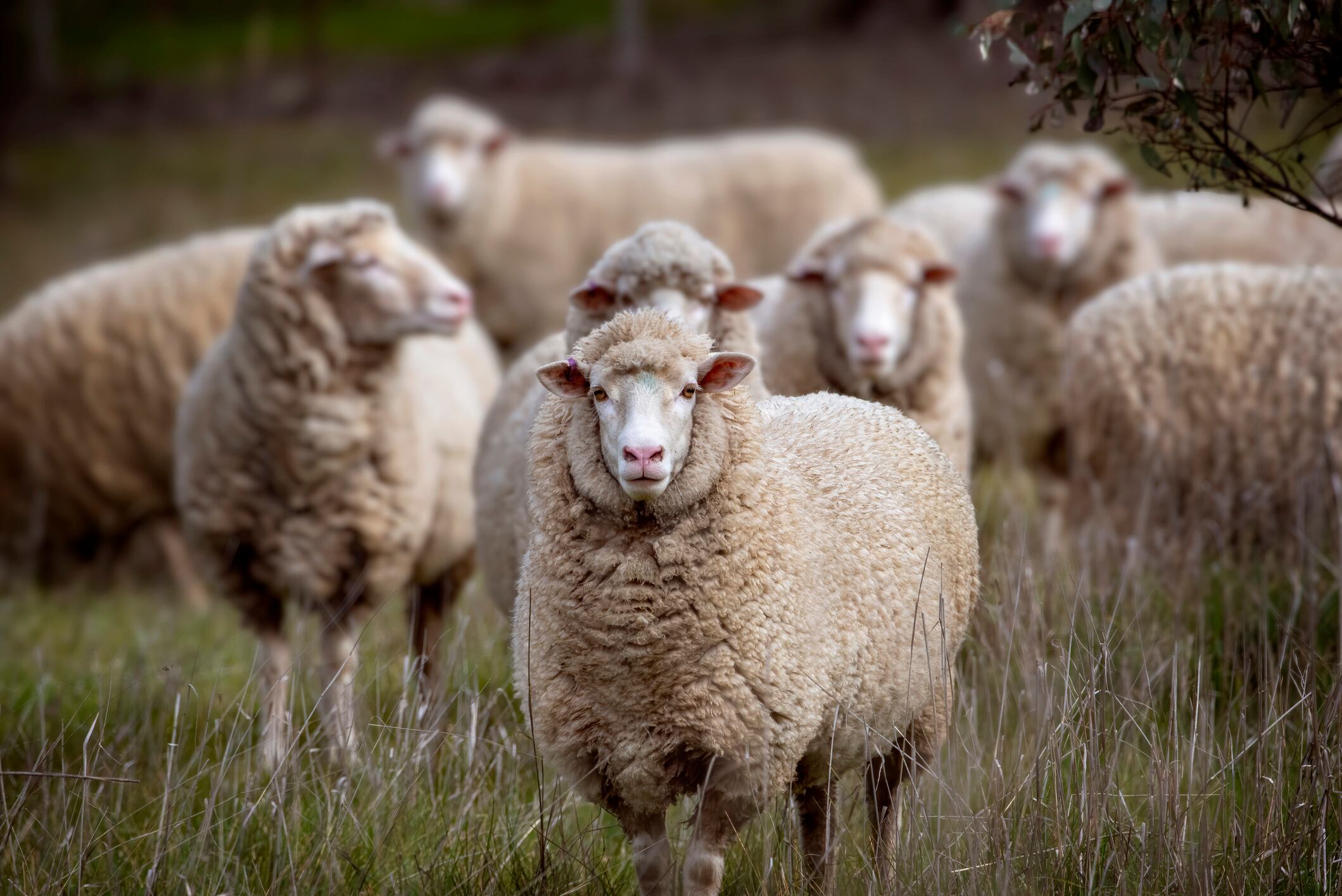As it stands, python farming is common practice in several countries across Asia, but has yet to receive widespread attention or interest from agricultural scientists.
However, a new study co-authored by Dr Daniel Natusch and Dr Patrick Aust, among others, has suggested that the commercial farming of snakes could help improve agricultural food security and offer a more sustainable alternative to meats such as beef and pork.
The researchers came to this conclusion after measuring the growth rates of two large python species called Malayopython reticulatus and Python bivittatus at farms in Thailand and Vietnam. Throughout the study, researchers conducted feeding experiments to examine the rate of their growth.
Over a 12-week period, both species of python grew quickly, with the females growing at a faster rate than the males. Meanwhile, it was found that the pythons’ food intake and growth rate during their early life proved a strong predictor of their total size when fully grown.
When comparing the food and protein conversion ratios of pythons with other animals, the researchers said that the snakes outperformed all other mainstream agricultural species that have been studied up until now.
'Python tastes like a cross between chicken and calamari'
Speaking to Food Manufacture, Dr Aust, who is a conservation scientist at People for Wildlife, said that while the python farming on a commercial scale remains fairly new, it has grown organically over the past few decades.
"It was only in the early 2000s that it began to take off as a commercial operation, but at this stage it is not optimised and remains pretty rudimentary," he continued.
"The work we have done is fundamental, mainly looking at the underlying physiology of pythons and how that could relate to the challenges we are facing. We don’t know how it can be scaled just yet, but we do know that they are very good energy convertors and can survive for long periods of time without food and water."
Reflecting on the current state of commercial livestock farming, Dr Aust added: "In our modern livestock system we are farming high octane Ferraris, animals that exhibit play behaviour and the ability to socialise. They can produce a lot of protein but they come with the same kind of costs as fossil fuels.
"Very quickly we are coming to the end of the road with warm blooded animals if we are to meet our sustainability requirements and we need to start looking for radically alternative species – and where better to look than to the resource efficiency specialists that are snakes."
While Dr Aust has consumed python meat on many occasions, he does not expect it to catch on just yet in many parts of the world, such as the UK where he has spent time farming pythons in the past.
He explained: "There is so much stigma attached to reptiles and snakes in particular but it is an attractive white meat that tastes like a cross between chicken and calamari. It is very healthy, high in protein and low in saturated fats.
"It is not a cure all and will likely never compete with chicken or beef, but we are considering insects and synthetic proteins, so why not consider pythons and other reptiles too."





